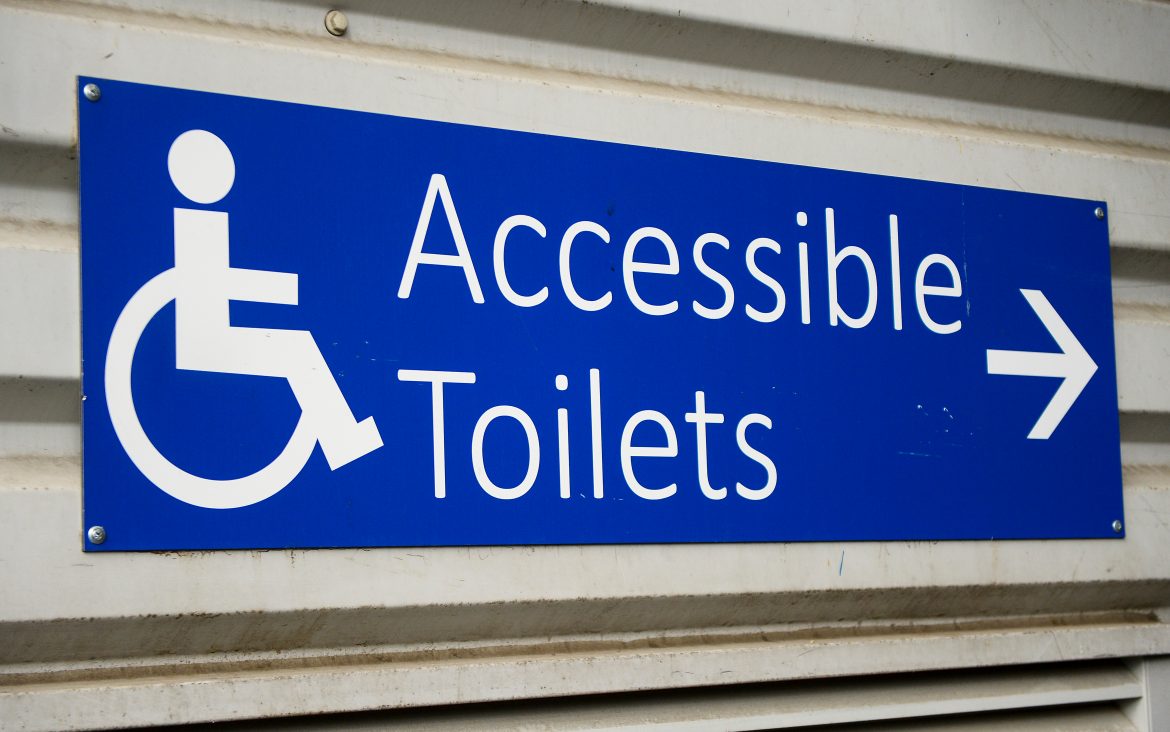Kingston Council has secured £120,000 in government funding to install accessible toilets in three locations in and around Kingston to make these areas more disability friendly.
The new toilets, also known as Changing Places toilets, are planned to be installed by June.
James Bassett, access facilitator at disability charity Kingston Centre for Independent living (KCIL) said: “We feel that the addition of accessible and inclusive public amenities is a huge part of building an accessible community.”
The toilets will be installed at Canbury Gardens, Latchmere Recreation Ground and nearby The Hook Centre.
“Choosing to build these new facilities next to public social spaces like the Recreation Ground will make a huge difference. Many of our members say that they want to have a nice day out at places such as these but have been previously put off by the distance to accessible amenities,” said Bassett.
Changing Places Consortium was established in 2005 and is made up of individuals and charity groups such as Muscular Dystrophy UK and Pamis. Changing Places Toilets is one of their campaigns to help install accessible toilets in big public spaces.
Kingston Council have conducted a survey looking for feedback on the selected areas and thoughts on the exact location of the toilets.
Councillor Sue Ansari who is disability champion for the borough said: “People enjoy engaging in the planning and development of their own city’s facilities. Residents know their areas well and understand what is needed, therefore their input and feedback to certain proposals is key for the council to listen to and implement wherever possible.”
Now that the survey is closed Ansari said that the next step will be finding out where in the chosen location spots, the residents would prefer the toilet’s to be built.
For example, at the Hook Centre, the residents had the option to choose whether the toilets should be built in the Hook Centre car park or closer to the bus stop.
In a public survey, in 2021, 1,000 residents of Kingston highlighted the importance of more accessible facilities for people that have severe learning disabilities or physical disabilities in Kingston.
Bassett said: “Over the years KCIL have managed to build a rapport with the council that allows us to call on them, and vice versa, when an issue arises that affects disabled residents. Though there remains lots to be done, the council have always felt like they are on-side with trying to make the needed improvements.”
Ansari is also aiming to make more changes in the community as well as the accessible toilet areas. She said: “Before Christmas, Kingston Council launched the Kingston Disability Network and we’ve recently held the first exciting meeting.
“We’ll now be able to have all the information regarding organisations, all in one place; the network is for individuals and organisations. Residents will be able to see who can possibly help them, how to get help and advice, get involved and share their own knowledge and experience and find news of what’s going on in the borough.”
Ansari said that anyone who wants to get involved with the network can go to the Google forms on Kingston Council’s website and look for Kingston Disability Network.
When asked what needs to be improved in the community to make Kingston more accessible, Bassett said: “I think that awareness is one of the biggest changes that would benefit the accessibility of the borough right now. Raising awareness of the issues facing disabled residents.”
The accessible toilets are a positive move for Kingston and not only for the residents who have severe learning or physical disabilities but also for their friends and families who can now enjoy some of Kingston’s popular spots without the worry of un-accessible toilet faculties.
“It shows that the Royal Borough of Kingston is prepared to back up its intentions with action and sends a positive message to all its residents, disabled or otherwise, about what it stands for,” said Bassett.






